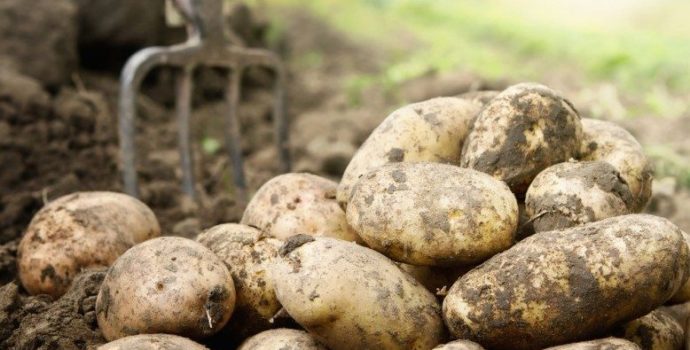Paris Climate Talks Provide Scope for a New Approach to the Climate Challenge

Harold Kingston, IFA’s Environment Chairman has called for a new approach to addressing the climate challenge. Speaking from the international climate talks in Paris, he said, “This new approach must put food security and sustainable intensification at the centre of climate policy negotiations.”
“Feeding the world while addressing the climate change are two of the biggest challenges of the 21st century and are central to these climate talks. The world’s population is expected to exceed 9 billion by 2050. Agricultural production must, therefore, increase by an estimated 70%, according to the UN Food and Agriculture Organisation. This fact cannot be ignored at a time when the international community is also seeking to halve global emissions over the same period. A demand for the agriculture sector to achieve such emission reductions at the same time as growing output is unfeasible. Agriculture’s response must evolve towards sustainable production and better management of resources.”
“I am proud to be able to say here in Paris that Ireland is a world leader in sustainable production, measuring and reducing greenhouse gas emissions throughout the supply chain, whether inside the farm gate or at processor level. No other country can look at its agri-food sector and refer to initiatives such as Origin Green, the quality beef assurance scheme, Smart Farming or the sustainable dairy assurance scheme and say ‘We are environmentally sustainable at what we produce and that is independently verified’. These initiatives are valuable for maintaining existing markets and securing new ones. However, sustainability must also deliver an increased economic return to the farmer. This continues to be a key message from IFA to Government and the EU Commission.”
In delivering a credible climate change policy that addresses the food security challenge, sustainability must also consider the impact of limited availability of resources, such as water, in many food producing countries. The United Nations predicts a 40% worldwide water shortfall and a 55% increase in demand for water within the next 15 years.
IFA continues to work hard to get a sensible outcome for farming from the Paris climate talks; a range of specific issues must be addressed. There is a need to differentiate agriculture from other sectors when it comes to greenhouse gas emission reductions. This is a point which was broadly ignored in previous international talks and past mistakes must not be repeated. The majority of emissions from agriculture differ to those from other sectors such as industry and transport; the gases are naturally occurring and result from the primary aim of addressing the global food security challenge.
Agriculture will play its part in contributing to further reductions in greenhouse gas emissions. The carbon sequestration potential of agricultural soils, forestry and bioenergy needs to be recognised when looking at greenhouse gas emissions from the sector. Internationally the mitigation potential of agricultural soils is between 1 and 4 billion tonnes of CO2/year.
Unachievable sector-specific targets are unworkable at an international or national level. This is a point well recognised by the Irish Government in the climate legislation being debated in Dáil Éireann. It was also successfully advocated at EU level by Ireland last October, when the EU Council agreed a climate text, concluding that agriculture has many roles including food, energy and fuel production, as well as environmental protection.
Agriculture, climate change and food security are all interlinked. The overall approach to the agriculture sector must recognise these multiple challenges, for an enduring and workable outcome from Paris.




